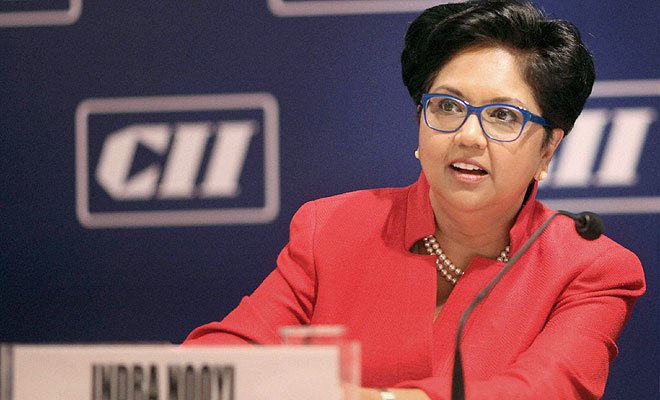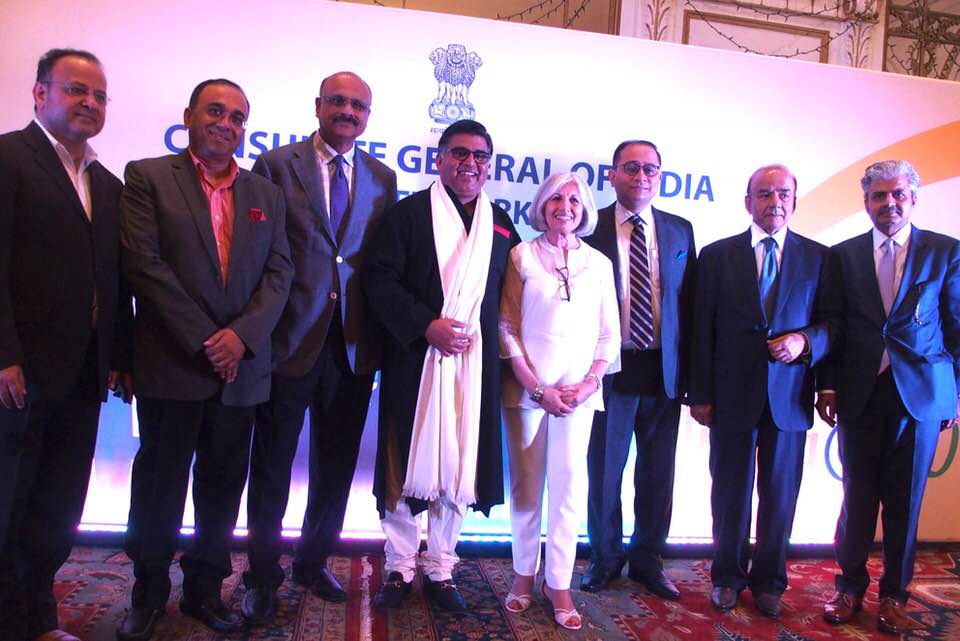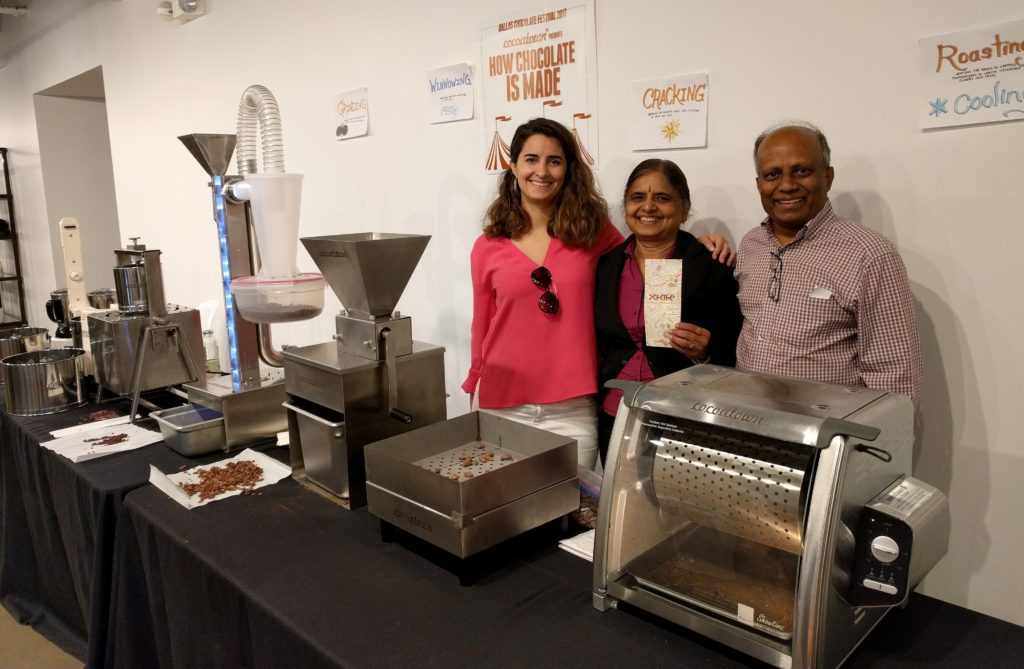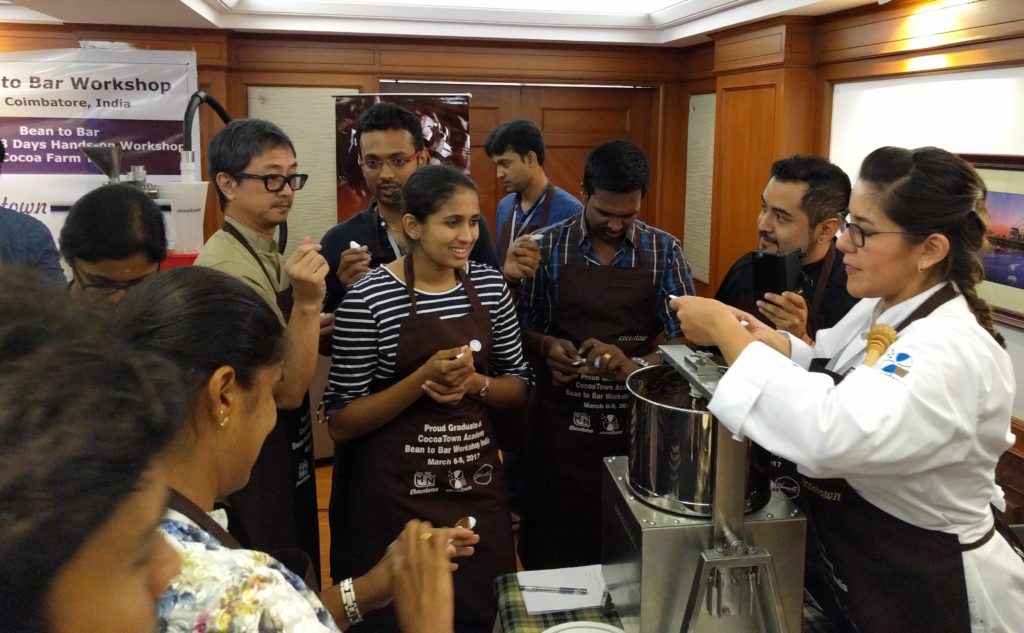4003 people reached on Lassi with Lavina FB page – 11 likes and 182 clicks
The Indian-Americans
Weaving a Tapestry of the Indian Immigrant Experience in America
These are my weekly columns which first appeared in CNBCTV18.Com
[dropcap]W[/dropcap]ith every one in six people in the world being of Indian origin, there is no doubt that the Indian Diaspora is having increased impact globally – and America is no exception. According to the Pew Research Center, the Indian population in the US has doubled between 2000-2015. While Indians are still a tiny percentage of the overall US population, their impact goes way beyond numbers.
From thought leaders and advocates in public spaces to the CEOs of corporations and start-ups to the hordes of unsung NYC cabbies, cooks and 711 workers – there are countless Indian stories waiting to be told. Indian brain cells, entrepreneurship and sweat equity are entwined with the success of America, and we will meet these famous, infamous and ordinary people every week.

The Nooyi Factor in Recyling
[dropcap]I[/dropcap]ndra Nooyi is possibly the most visible Indian-American CEO whose corporation PepsiCo is based in Purchase, New York and who herself lives in Connecticut. Like to many Americans, the state of planet Earth is of concern to her, but especially being the Chairman of a company which produces so many of the bottles and cans that can add to the landfills, unless recycled. She has through the PepsiCo Foundation, the philanthropic arm of PepsiCo., launched a residential recycling challenge to recycle nearly 2 million tons of material including 7 billion bottles and cans. This initiative is being jump-started with a $10 million donation from PepsiCo Foundation in collaboration with the Recycling Partnership to raise funds and create awareness of recycling in communities across America, with the goal being to involve the communities and municipalities to bring the total amount to $100 million.
“I’ve always believed corporations do not operate in a vacuum – we have responsibilities to the communities we serve,” says Nooyi. “Our collaboration with The Recycling Partnership represents a major step toward fulfilling those responsibilities by helping reverse the decline in recycling rates for aluminum and many common plastics.” It is big efforts like these which can help remake the face of American cities.

IAAC – A Changing of the Guard
[dropcap]F[/dropcap]rom recycling, we jump to rejuvenating the arts. For 20 years, New Yorker Aroon Shivdasani was a Lone Ranger rooting for the arts of India. Almost single-handedly, she founded the Indo-American Arts Council (IAAC), a non-profit organization which launched arts initiatives in different disciplines with book readings, art shows, a literary festival, a dance festival – and a hugely popular annual film festival of independent films which attracted names like Salman Rushdie, Shabana Azmi, Anurag Kashyap and Mira Nair. She often calls herself the Fakir of New York, out with a begging bowl for the nurturing of the arts but she become the catalyst for many of the city’s burgeoning Indian arts organizations, setting a thriving cultural scene in motion.
Now after 20 years as Shivdasani retires, IAAC has found a savior prince, Dr. Nirmal Mattoo who is a philanthropist and a supporter of the arts and artists, besides being an educator and a noted physician. He brings financial resources as well as an eclectic board of directors to support IAAC . The new board with Sunil Hali as Executive Director plan to continue the eclectic programming with a music festival featuring Ustad Amjad Ali Khan and his sons Amaan Ali Khan and Ayaan Ali Khan at Carnegie Hall, and the hugely popular IAAC Film Festival in May.

Making Chocolates in an Idli-Grinder
[dropcap]I[/dropcap]ndian-American entrepreneurs certainly bring ‘jugad’ to America – such as Dr. Balu M. Balasubramanian, a chemist, and his wife Andal Balu who was an Agricultural Research Scientist in Coimbatore. The two reinvented themselves in Atlanta, GA where they sold grinders and other home appliances from India and China. It is hard to believe that by some creative thinking this couple from Tamil Nadu have become such a big resource for hundreds of small chocolatiers across the world by presenting the idli-grinder in a new avatar!
Andal and Balu explored the chocolate field and found artisan dark chocolate was being made with just two ingredients – cocoa beans and sugar. Unfortunately the equipment was not available for small chocolatiers who had to import vintage machines from Europe and refurbish them.
The Balus started making machines in small scale to produce about 10 -12 lbs of chocolate liquor per batch (compared to industrial equipment which makes one ton or more of chocolate liquor in a batch). Then they came up with bigger machines to make 100 lbs of chocolate per batch, so the customers could scale up.

[dropcap]T[/dropcap]hey had to modify the idli grinders since the cocoa nibs have be ground for 2-3 days. According to Andal, “Our customers loved our equipment and we were catalysts for the growth of the “bean to bar” industry.” Over the years, they started making other machines targeting the small batch chocolate industry and have acquired a patent and are working on more. Today their company Cocoa Town is a big resource for small chocolatiers in many parts of the world, helping small-time entrepreneurs make a living. Sweet success!
